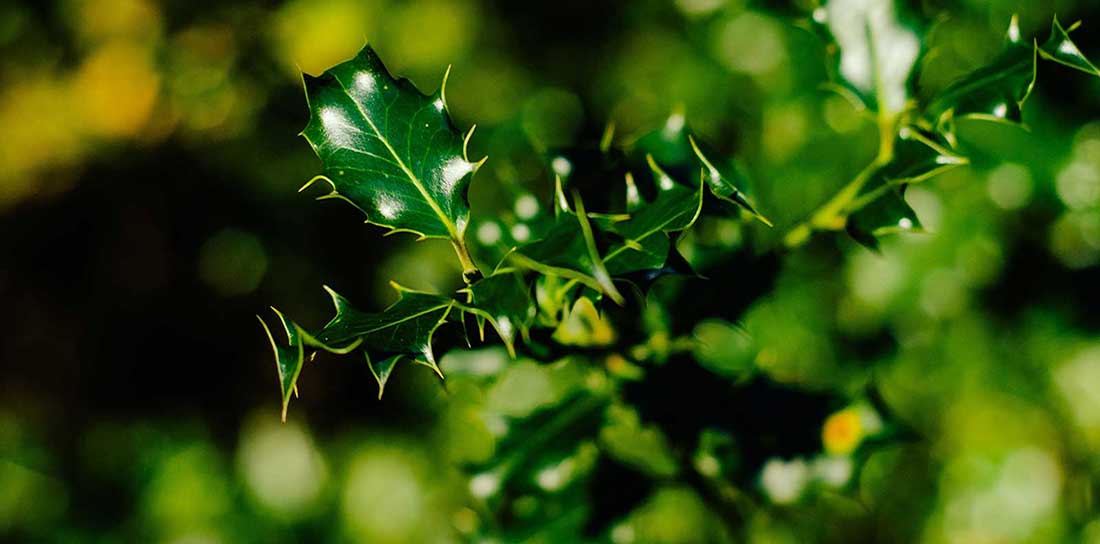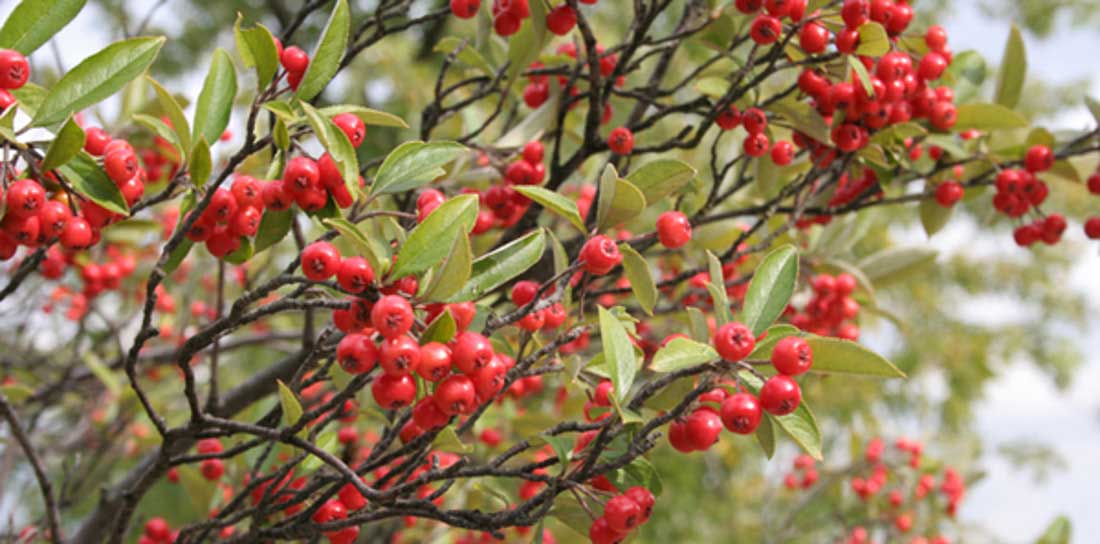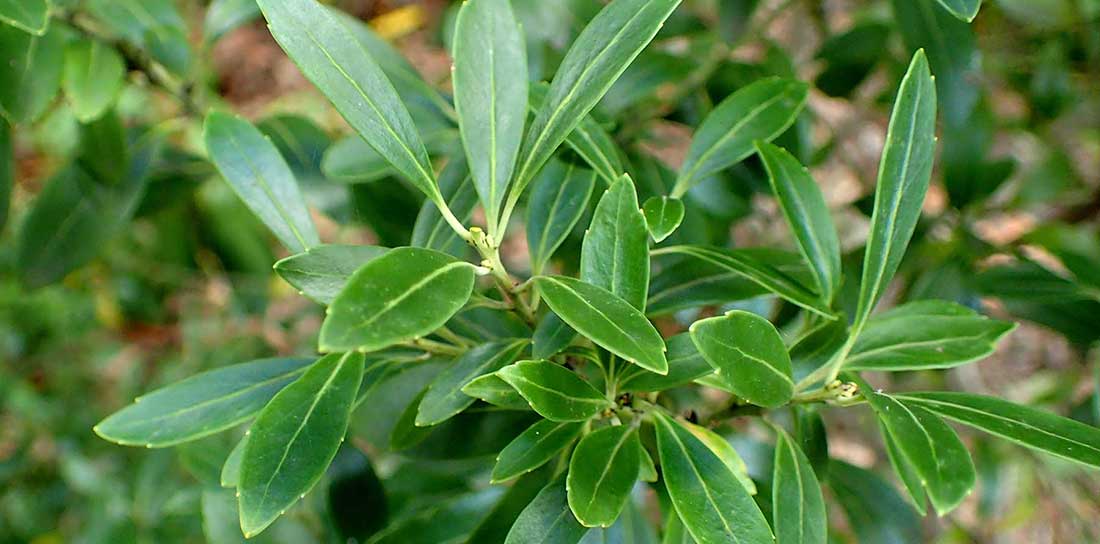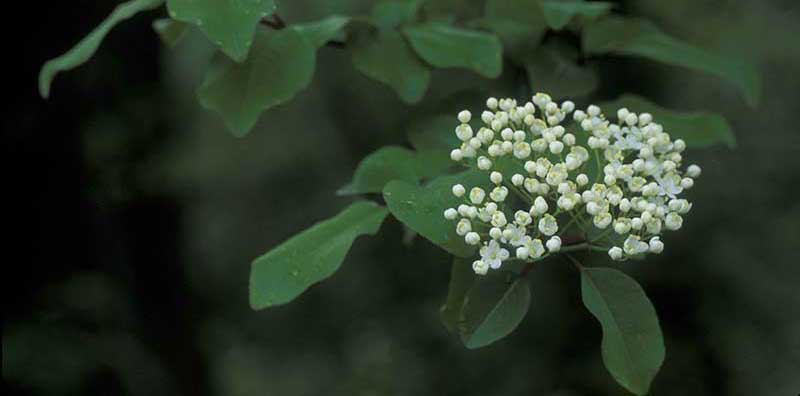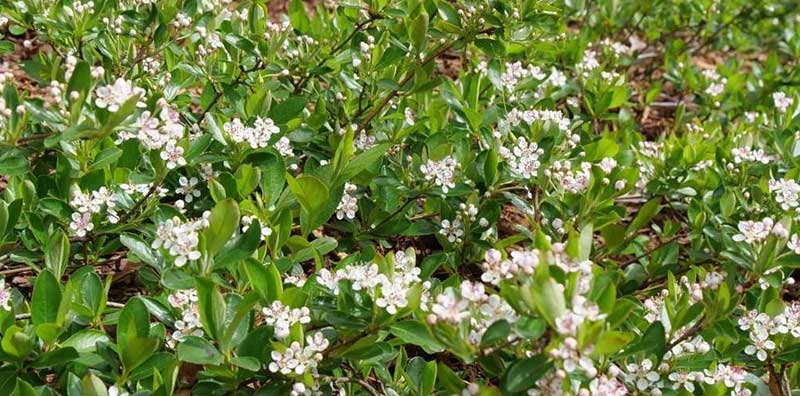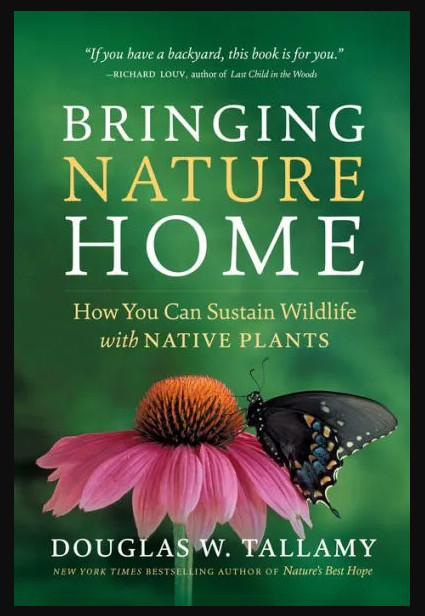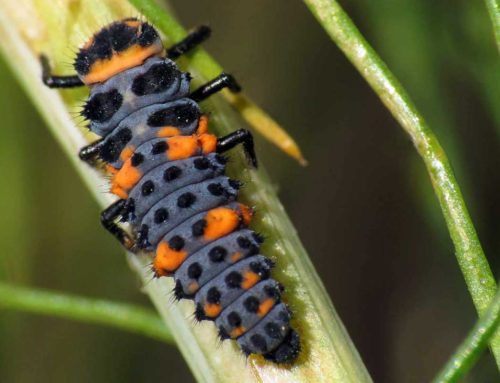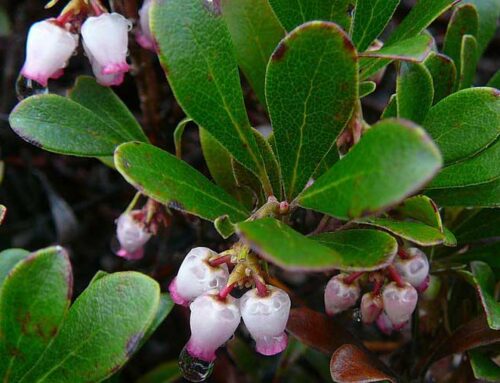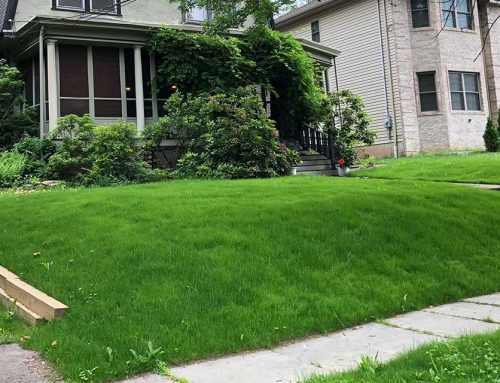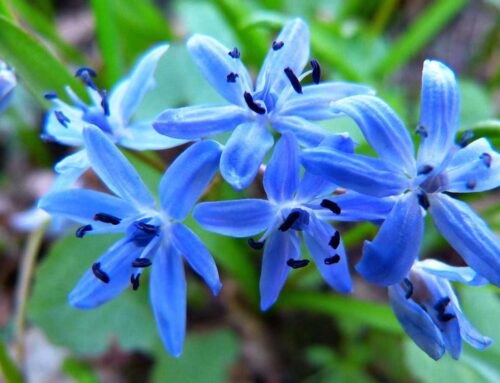6 Plants For Winter Interest
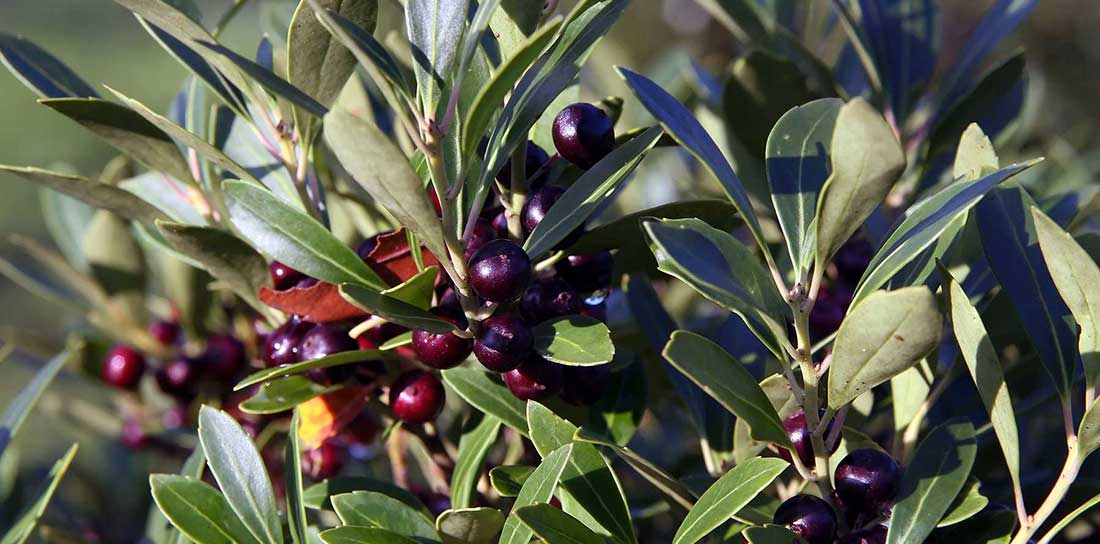
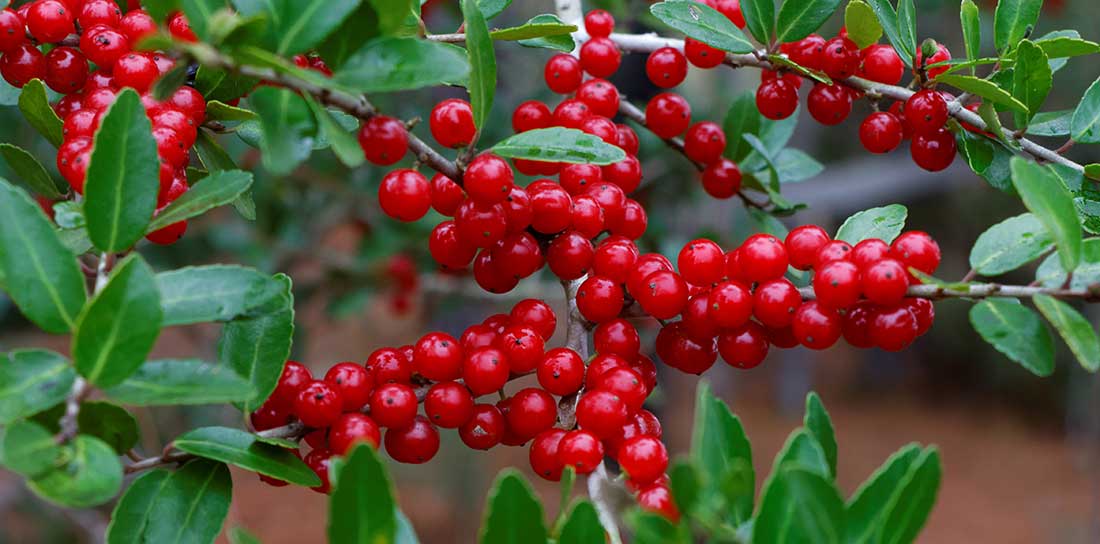
Sustainable Landscaping With Native Plants
“All plants are not created equal, particularly in their ability to support wildlife. Most of our native plant-eaters are not able to eat alien plants, and we are replacing native plants with alien species at an alarming rate, especially in the suburban gardens on which our wildlife increasingly depends. My central message is that unless we restore native plants to our suburban ecosystems, the future of biodiversity in the United States is dim.”
Winter is often described as cold, dark, and dreary. Driving through suburban communities we see dull and dormant lawns, landscaped beds that are barren and empty, which all in all present a depressing atmosphere. The good news is it doesn’t have to be that way! We are lucky to live in a region with several native plants that offer winter color and provide food and shelter to many over-wintering bird species, which in turn provides the opportunity to pass the cold winter watching birds and other wildlife enduring the season. A colorful native garden that comes alive with beautiful bird species might just be the remedy for those restless, bored children during the dreary, winter days, providing hours of interesting experiences that they can witness from the comfort of a warm window setting. Native plants are easier to grow because of their evolution within our climatic growing area and are thereby naturally resistant to pests and as a rule require less maintenance, watering, pruning to thrive.
Bringing Nature Home:
How You Can Sustain Wildlife with Native Plants
As development and habitat destruction accelerate, there are increasing pressures on wildlife populations. In Bringing Nature Home, Douglas W. Tallamy reveals the unbreakable link between native plant species and native wildlife—native insects cannot, or will not, eat alien plants. When native plants disappear, the insects disappear, impoverishing the food source for birds and other animals.
But there is an important and simple step we can all take to help reverse this alarming trend: everyone with access to a patch of earth can make a significant contribution toward sustaining biodiversity by simply choosing native plants. By acting on Douglas Tallamy’s practical and achievable recommendations, we can all make a difference.
At Lincoln Landscaping cultivating the environment is our life and livelihood. It is our number one goal to help our clients create and maintain beautiful landscapes while reducing the impact on the environment. Whether you are interested in a pollinator landscape garden design and build or other landscaping or property management project; we can create for you an environmentally friendly, organic and beautiful property.
Lincoln Landscaping of Franklin Lakes offers complete
organic landscaping, lawn care, turf and property management services.
Lincoln Landscaping “The Natural Choice”
Mike Kolenut President & CEO
https://lincolnlandscapinginc.com
(201) 848-9699

